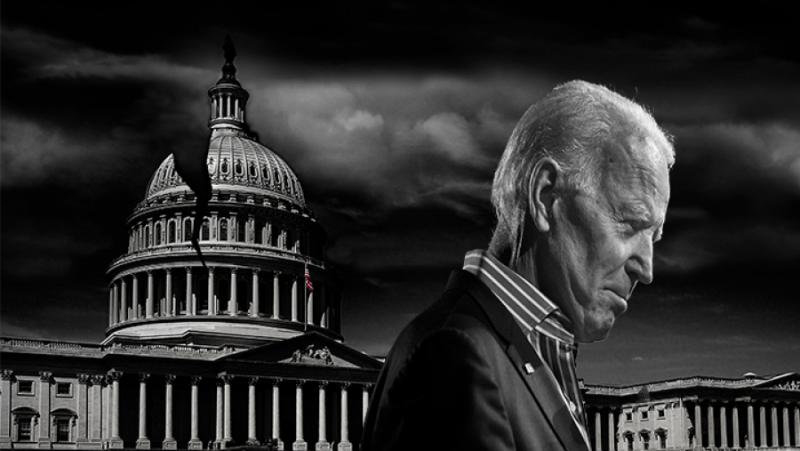The Enduring Strategy of Avoidance: Harris’s Approach to the Media
Critics Point to Lack of Transparency
As the political landscape shifts, Vice President Kamala Harris has adopted a communication strategy that continues to draw substantial scrutiny. Her decision to limit media interviews has sparked debates about the implications for transparency and accountability within the administration. Critics argue that this reluctance to engage with the press harkens back to questionable practices that could undermine public trust.
A Model Inspired by Biden’s Tactics
Political analysts have noted that Harris’s strategy mirrors that of President Biden’s prior efforts. During his own tenure in the public eye, Biden demonstrated that selective engagement could offer substantial political leverage. Experts maintain that this “Trojan horse” method decorrelates direct scrutiny with strategic messaging, allowing political figures to navigate complex narratives without facing unfiltered questions.
The Public’s Reaction
The public’s response to Harris’s media engagement strategy has been mixed. For some, her avoidance of interviews is perceived as a savvy approach in a time when political battles often intensify at a moment’s notice. However, others argue that Harris’s approach is un-American, stymying democratic ideals of open dialogue and accountability. This dichotomy underscores a growing concern among voters regarding the administration’s commitment to transparency.
Looking at The Broader Implications
In the context of this media engagement strategy, many wonder about the broader implications for governance. This approach could pave the way for future political leaders to adopt similar avoidance tactics, potentially heralding a new norm in communication strategies. The ongoing effects of such approaches on public sentiment, media trust, and political accountability remain key aspects for ongoing analysis in the weeks and months to come.
Designing the Narrative
Supporters might argue that controlling the narrative is a method to counter the chaotic landscape of modern journalism, which often distorts messages or emphasizes sensationalism over substance. Nonetheless, the approach raises questions about how long a leader can successfully navigate by evading difficult inquiries, while still maintaining public confidence.
The Future of Political Communication
As the 2024 election cycle approaches, the lessons learned from Harris and Biden’s strategic decisions could influence a new generation of politicians. How future leaders balance the need for effective communication with their obligations to the public remains a pivotal question in shaping the political dialogue. The ongoing evolution of media strategies in political campaigns could redefine engagement and accountability in American governance.


